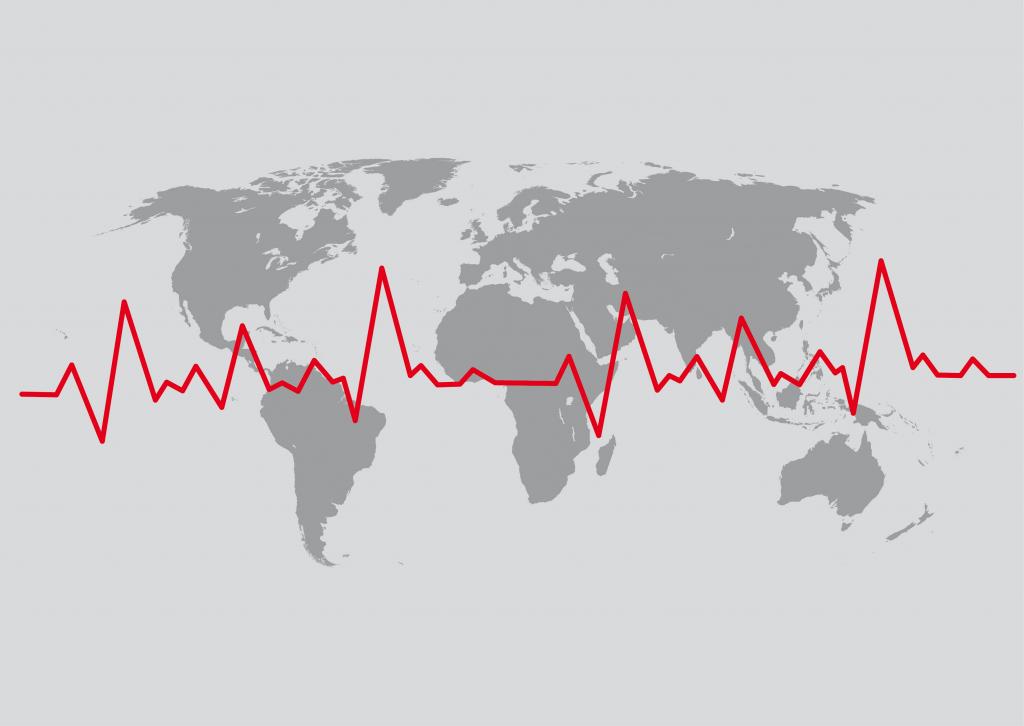346 teams composed of 1,364 graduate students from 101 different nationalities registered to take part in the Geneva Challenge 2019. 100 project entries were submitted by 410 students from teams hailing from all over the world, with 16 semi-finalists teams. This year, the external Jury Panel chose five finalist teams, one per continent:
Africa: Pan African University
- Rural Water Filtration Kit - improving global health through safe drinking water. Water can cause devastating effects as a pathogen carrier, transmitting diseases to large populations. The Rural Water Filtration Kit (Ruwafiki) project is an innovative, affordable and portable household water treatment kit using moringa seeds, saw dust and paper filters that offers a solution to the issue of water-borne diseases in Makondo Parish, Uganda.
Asia: Weizmann Institute of Science
- ReMedic - an integrative solution turning medicines’ excess into access. Over the last two decades, the use of medications and pharmaceutical products has become highly abundant and widespread and has had a tremendous contribution to our health and quality of life. However, when disposed of improperly, they have negative consequences on the environment. Moreover, while many of the discarded products are still valid and reusable, there are places in the world in which most people do not have access to even the most basic medications. The project ReMedic aims precisely to solve these two problems together.
Europe: Sciences Po, Columbia University
- RapidCare: strengthening health systems in an urbanising world. Today, rapid urbanisation in Africa and Asia outpaces the development of essential urban infrastructures, resulting in the expansion of informal settlements that are particularly prone to infectious diseases. The RapidCare project seeks to leverage the existing capacity of informal healthcare providers to better treat and monitor infectious disease in these informal settlements, ensuring better access to lifesaving health services for malaria while also limiting the risk of rapid, unchecked disease outbreaks.
North America/Oceania: Yale University, Harvard University, McGill University and the University of Toronto
- PEACE - Program for Elderly Adults with Cohabitation and Enrichment. China has the world’s largest population of senior citizens, projected to reach 478 million by 2050. Given the rising strain this population poses on the geriatric healthcare system, the PEACE project proposes pairing local healthcare students with seniors as roommates, while simultaneously integrating biometric data collection to help senior citizens monitor, manage and maintain their health in the capital city of Beijing.
South America: University of Los Andes and the Konrad Lorenz University Foundation
- Project Wanöpo. The Wanöpo initiative aims to perform an adequate screening of the most prevalent mental health conditions in Colombia and to provide specific management guidelines for treated patients. The project is based on a mobile application that will evaluate the dimensional level of emotional disorders, as well as other related problems, such as suicide and substance use.
On Tuesday 1 October from 13:30 to 16:30 at the Graduate Institute, the finalists will present and defend their projects in front of the Jury at a public event, which will then be followed by an Award Ceremony at 18:30.
This year’s winning project will be awarded CHF 10,000; the two teams in second place will receive CHF 5,000 each and the two teams in third place, CHF 2,500 each.
- More details about all five projects and further information on this year’s Challenge can be found on our website.
- Follow us on our Facebook page to stay informed about this year’s ceremony and the launch of the 2020 Geneva Challenge theme.


